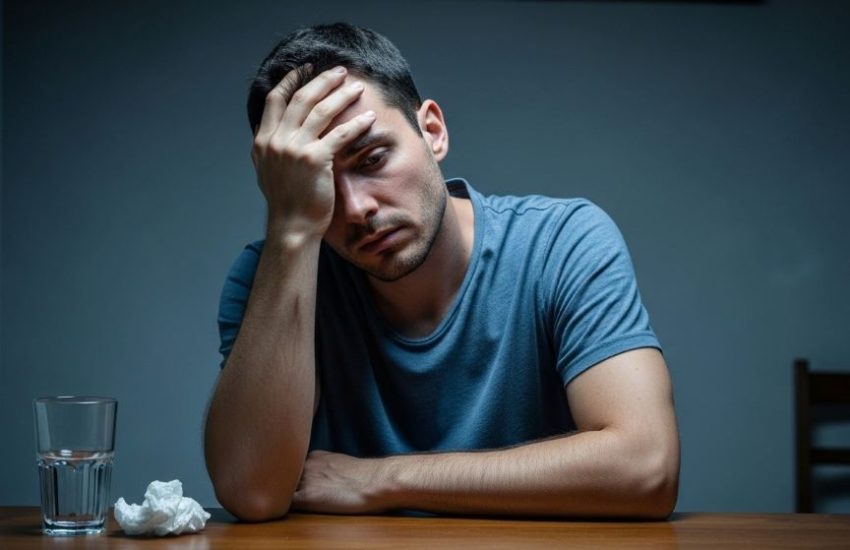Medications are essential for our health, but we often misuse them. A few months ago, we warned on the blog of the serious consequences of the misuse of antibiotics and is only one example among many others. That is why we have thought of remembering some basic tips regarding medicines.
1.Always ask the pharmacist for advice
Medications are often divided among those that can be bought without a prescription, and those who need a prescription. With the latter, there is already a filter, so where you have to be careful is with those that are over-the-counter. Not for nothing, television commercials often remind him. The pharmacist is a professional who can help us know if the medication is appropriate in our case, and it is better to ask him always. Most of the time we will be right to want to take a particular medication, but at other times, we will advise not to take it, or go to the doctor, or take something more appropriate.
2. Read the prospectus
Honestly, most of the time we do not read the prospects. It happens a bit like when on the Internet they make us approve that we have read the conditions of use, and we click without reading them. But the consumption of medicines can have important consequences, so it is important to read the instructions, especially the dosage sections, contraindications and undesired effects.

3. Save the medication correctly
Some medicines are stored in a refrigerator, but most need only a cool, dry place, out of the reach of children. The kitchen and bathroom are not good places because they have great variations in temperature and are humid.
In addition, it is necessary to store the medicines in their original box, with their leaflet, so as not to lose important information, such as the expiration date or the instructions for use.
4. When you forget to take the medicine
Remember to read the package leaflet to know what to do when you forget to take the medicine. Contrary to what many people think, it is usually not advisable to take double doses the next time. Most of the time, you just have to resume treatment in the same way, as soon as possible. Taking double doses can be dangerous and usually not effective.
Check This Out: Gestation or Pregnancy Diabetes
5. Finish the treatment
If they told you that you had to take the pills for 7 days and you feel good when you have 5 days, and unless your doctor has told you otherwise, you should end the treatment. For something has defined a term of 7 days, and it is not for you to do it to your measure.
6. Return the remaining medicines
When you have been prescribed something and do not finish the box, do not keep it at home. You have to go to a recycling point at a pharmacy and leave them there. That is very important because it avoids accidents and you are tempted to self-medicate.

7. Return the expired medication
Expired medications should also be left at a recycling point. They are not thrown away. They contain active ingredients and have to be recycled properly.
8. Do not self-medicate
If you are not a doctor, you cannot take a prescription medicine without a doctor’s prescription. It does not matter that you think you have the same symptoms as the last time. Doctors study for 10 years to have the criterion of prescribing the right medicine in the right situation. It is not for you to decide, even though you have medicines at home.

9. What should you have in your medicine cabinet?
It is advisable to have a medicine cabinet at home to be able to solve the problems of the day today. In general, it is advisable to contain three types of things:
- Cure material, for small domestic accidents. That is cotton, sterile gauze, strips, bandages, plaster, surgical sutures, tape, saline solution, antiseptic and alcohol.
- Accessories such as scissors, tweezers and a thermometer to detect fever.
- Medications, but usually only the most common for mild conditions such as painkillers, anti-inflammatories, insect sting products, burn ointment, and of course those drugs prescribed for chronic diseases of family members.
If you want more advice on the good use of medications, just ask your doctor next time, or your pharmacist you trust.


